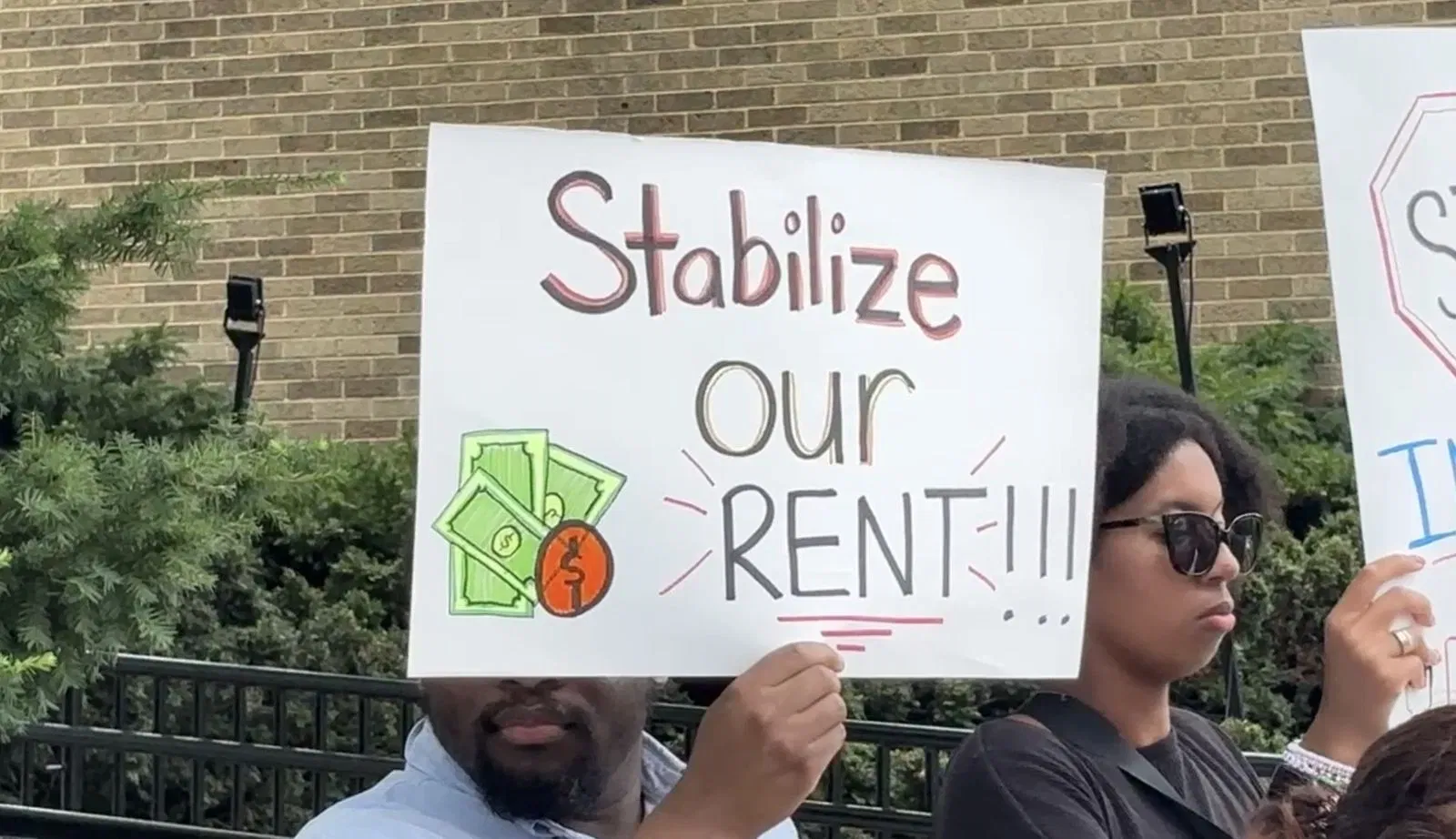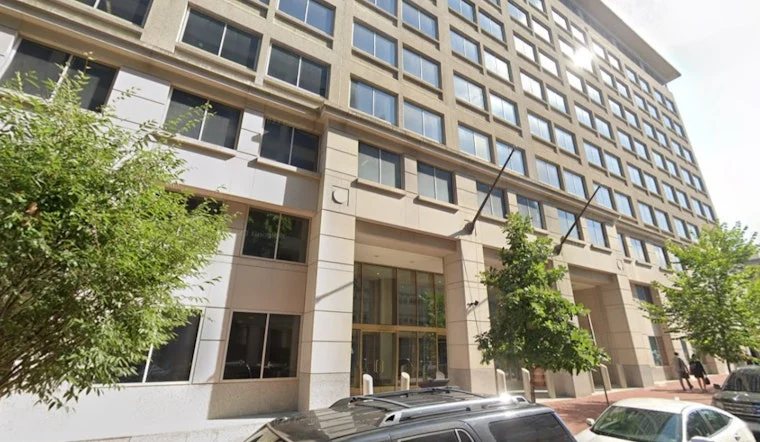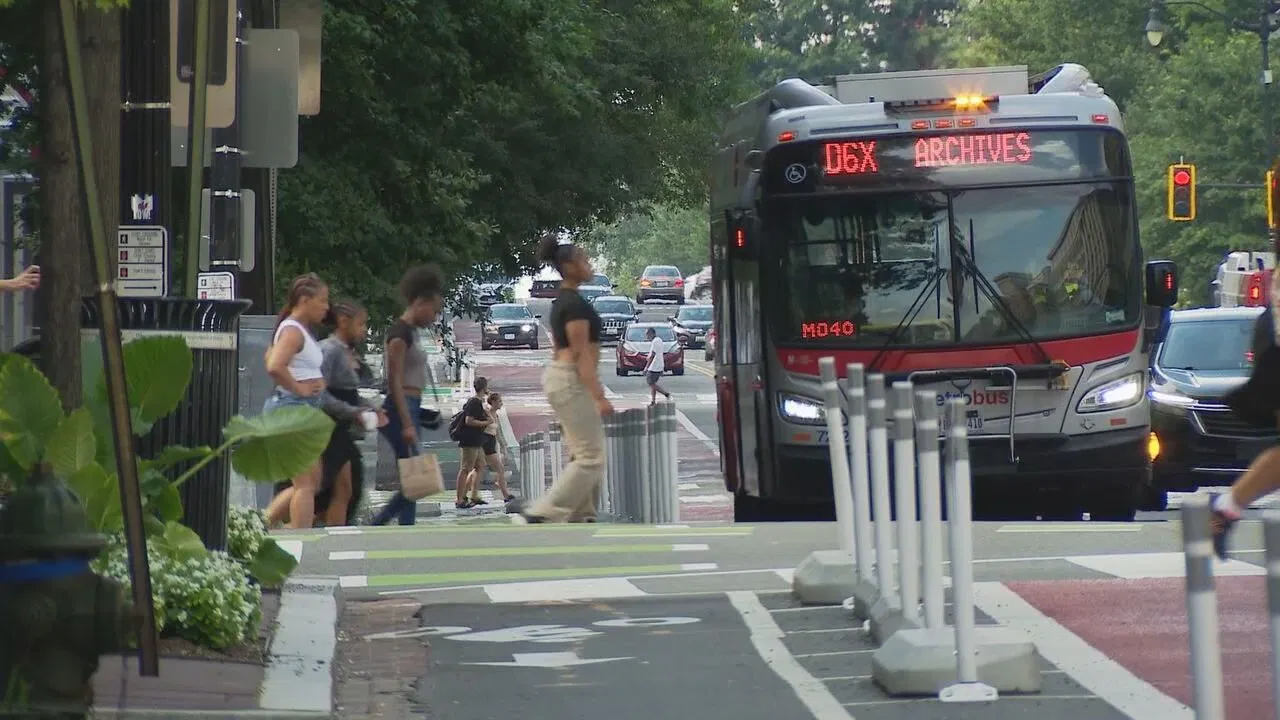ROCKVILLE, Md. – A new law in Maryland is reshaping the rental landscape in an effort to strengthen protections for tenants and create greater transparency in lease agreements. Known as the Tenant’s Bill of Rights, this mandatory lease addendum is now required for every new lease signed across the state—and it’s already making waves among renters, landlords, and housing advocates.
A Statewide Effort to Educate and Empower Renters
Roughly 40% of Maryland’s population lives in rental housing, a figure that climbs even higher in urban and suburban areas. Yet many renters, according to Jake Day, Maryland’s Secretary of Housing and Community Development, don’t fully understand their legal rights or responsibilities when signing a lease.
“They’re not experts. They don’t do this every day. They do this a couple of times in life,” Day explained. “This new policy ensures that all renters, regardless of background or experience, are equipped with the knowledge they need to enter rental agreements confidently.”
Beginning Tuesday, all residential lease agreements in Maryland must include the eight-page Renters Bill of Rights as a required addendum. Created by the state, the document outlines essential legal protections and lease requirements, making it easier for tenants to know what they should and shouldn’t agree to.
Key Provisions of the Renters Bill of Rights
The new addendum covers a wide range of tenant protections, including:
-
Clear explanation of lease terms: What must and must not be included in any legal lease in Maryland.
-
Security deposit limits: Capping deposits at one month’s rent to reduce upfront financial burdens.
-
Prohibited clauses: Banning language that violates tenant rights under state law.
-
Right to repairs and habitability: Reinforcing landlords’ obligations to provide safe and livable housing.
“It makes sure that renters have essentially an even playing field and solid footing to understand what the law allows,” Day emphasized. The goal is to remove ambiguity and imbalance in lease negotiations—especially for renters who may be signing agreements without legal guidance.
Rockville’s Renewed Push for Rent Stabilization
While the statewide bill focuses on lease transparency and tenant awareness, Rockville officials are tackling a related issue: rent control. Rising housing costs have placed growing pressure on the city’s rental population. According to Rockville Councilmember Izola Shaw, the situation is becoming untenable.
“Rockville’s rent hikes aren’t just rising—they’re skyrocketing,” Shaw said during a Monday press conference. “About half of Rockville’s residents rent their homes. Over half of those renters are spending 30% or more of their income on rent. Bottom line? Tens of thousands of Rockville renters are struggling.”
Shaw, alongside fellow Councilmember David Myles, is leading a renewed initiative to bring rent stabilization back to the table after it was shelved by the city’s mayor and council last summer. Their proposal would reopen discussions on implementing local policies aimed at limiting the rate at which landlords can raise rents, a controversial but increasingly popular move in cities facing rapid housing inflation.
What This Means for Maryland Renters
The Tenant’s Bill of Rights marks a significant shift in how rental agreements are structured and communicated in Maryland. For tenants, it provides a layer of protection that was often absent in private leasing arrangements. It also serves as a clear, accessible reference for understanding one’s rights without needing legal representation.
In areas like Rockville, where housing affordability is a growing concern, the new law complements ongoing efforts to explore rent control and tenant protections. Whether the rent stabilization debate gains new momentum remains to be seen, but one thing is clear: Maryland is taking serious steps to support renters in an increasingly competitive housing market.
Looking Ahead
As the Renters Bill of Rights becomes standard practice, Maryland renters can expect greater clarity and security in their housing decisions. Meanwhile, city leaders and state officials continue to assess how best to balance landlord interests with the urgent needs of those who call Maryland home. For now, renters have a powerful new tool—and perhaps, soon, a more affordable future.












Leave a Reply